Of all the mouthwatering sugars and sweeteners available to today’s cooks, molasses may be the least understood and the least used.
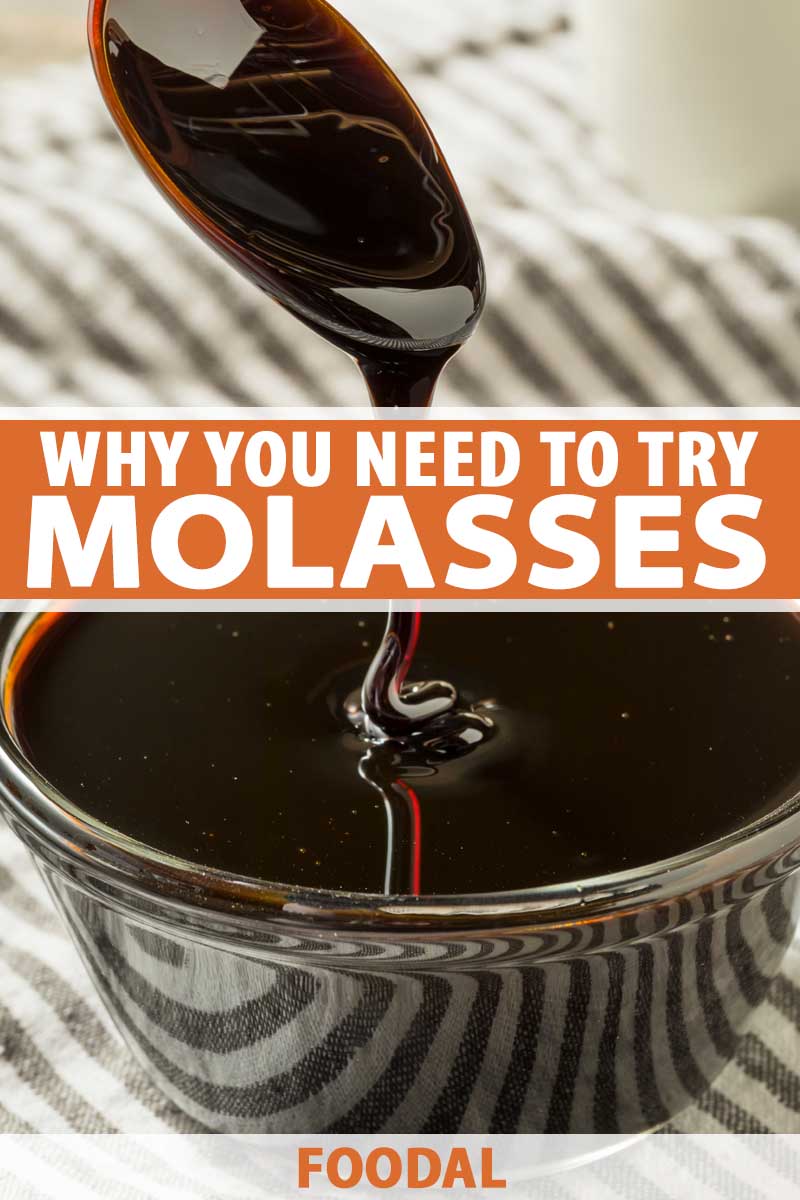
This thick syrup is a byproduct of refining granulated sugar from sugar cane or sugar beet juice.
This somewhat old-fashioned sweetener is often relegated to a back corner of the pantry, dusted off only at holiday baking time.
Despite its rather dark and unsavory (no pun intended) history in the United States, we believe this sweet syrup deserves a more prominent place on your list of go-to ingredients.
Let’s learn more about this ingredient and about how to you can put it to better use in your kitchen.
The Dark Side
In the nascence of our nation, centuries ago, molasses was a popular commodity, used as a sweetener and as an ingredient in rum.
Unfortunately, demand for the product in the US colonies led to ugly trade arrangements where enslaved people were sold in the Caribbean for barrels of treacle, as the sweet sauce is known in some places.
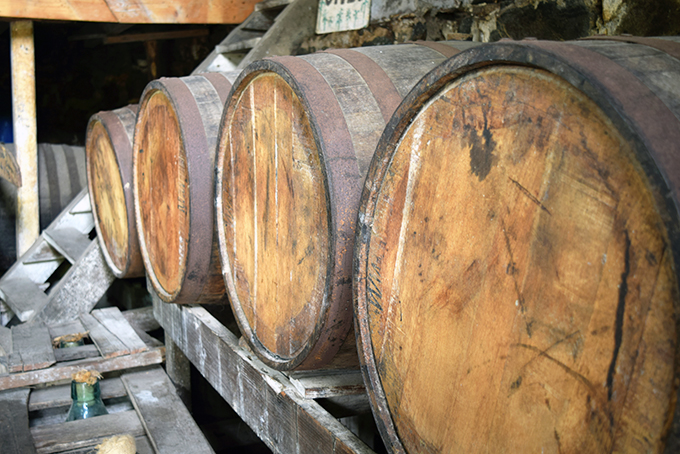
The syrup was then shipped to New England where rum was crafted and much of it sent to Africa, where more people were kidnapped.
This horrid trade scheme was quite profitable for the British occupiers of the American colonies, and in 1733, the British Parliament enacted the Molasses Act, adding taxes to imported barrels of the product.
While not as well known as the tax on tea, this tax also contributed to the American Revolution, as colonists wearied of paying their overlords.
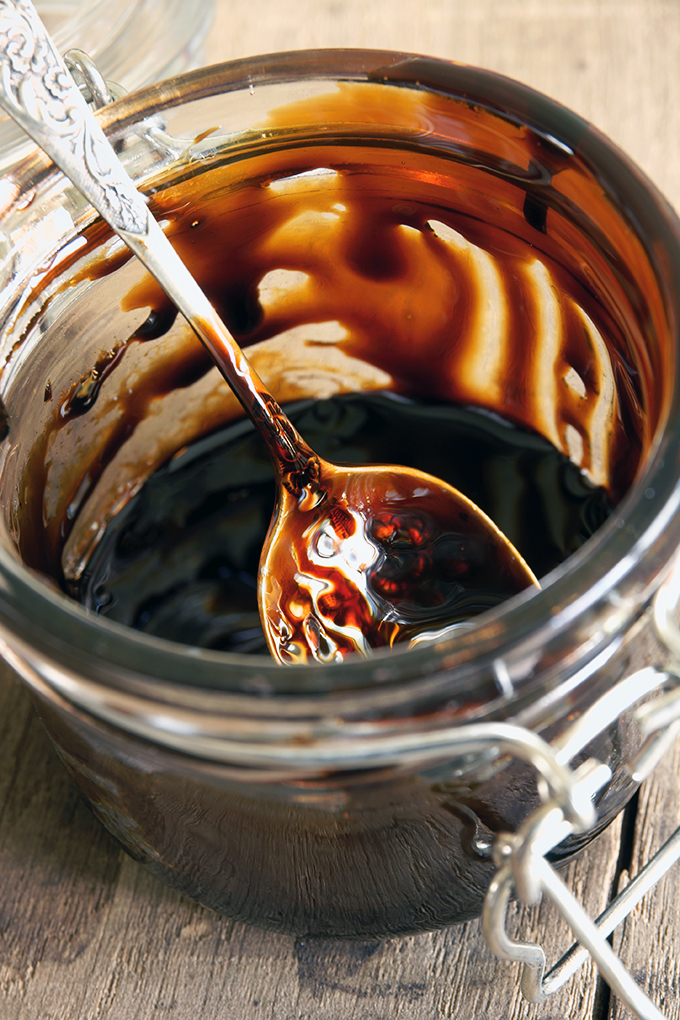
Fast forward nearly two centuries and we can point to another significant event in American history tied to this sweetener: The Great Molasses Flood of 1919. A poorly constructed steel holding tank burst and sent 2.3 million gallons of the sticky syrup racing through the streets of Boston.
While it sounds amusing, this bizarre incident was actually a major disaster, resulting in 21 human and numerous animal deaths, as well as many injuries and considerable property and infrastructure damage.
How is it Made?
In a multi-step process, juice is extracted from sugar cane or from sugar beets. The juice is boiled a number of times, reducing to a syrup, and eventually sugar crystallizes out of the syrup.
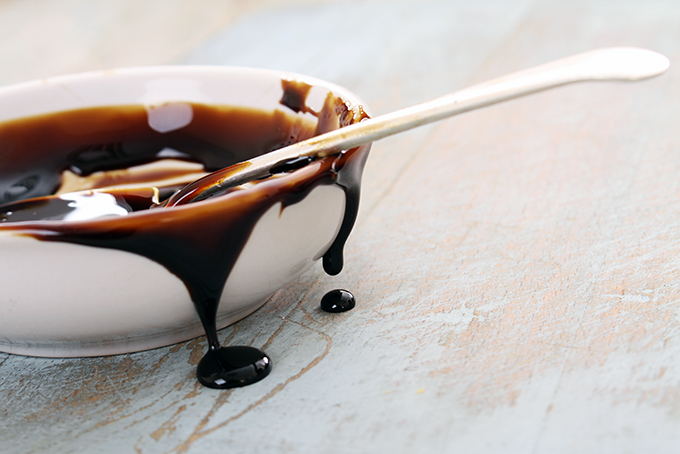
Using a centrifuge, the crystals are separated out, leaving a sticky residue behind.
The light version is produced after the first boil. Light in color, it is the sweetest of the various types. This product is sometimes labeled “sweet,” “first,” “mild,” or “Barbados.”
Dark molasses — sometimes called “second” or “full” — results from the second boiling. It is darker in color and offers a richer, more complex flavor that is reminiscent of caramelized sugar. It’s also thicker and less sweet than its lighter cousin.
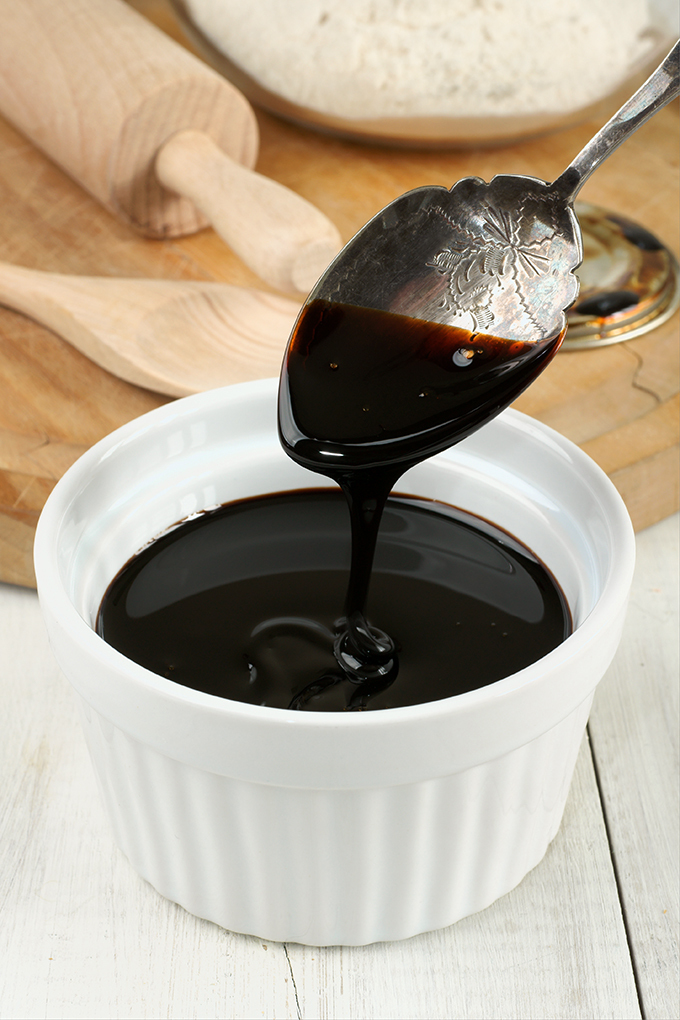
The blackstrap variety results from the third boiling and is quite thick and bitter tasting. In addition to its uses in the kitchen, blackstrap can be used for producing ethanol, as fertilizer, or as an additive in livestock food.
More Healthful than Sugar?
You may see some supermarket products labeled as “sulfured” or “unsulfured.” The former has been treated with sulfur dioxide as a preservative, which can leave the syrup with a chemical flavor that leads some cooks to avoid it.
Some health-conscious consumers choose this liquid sweetener over refined sugar, thinking it healthier. However, according to an article in the Berkeley Wellness blog, published by the School of Public Health at the University of California, Berkeley, molasses is “still just sugar.”
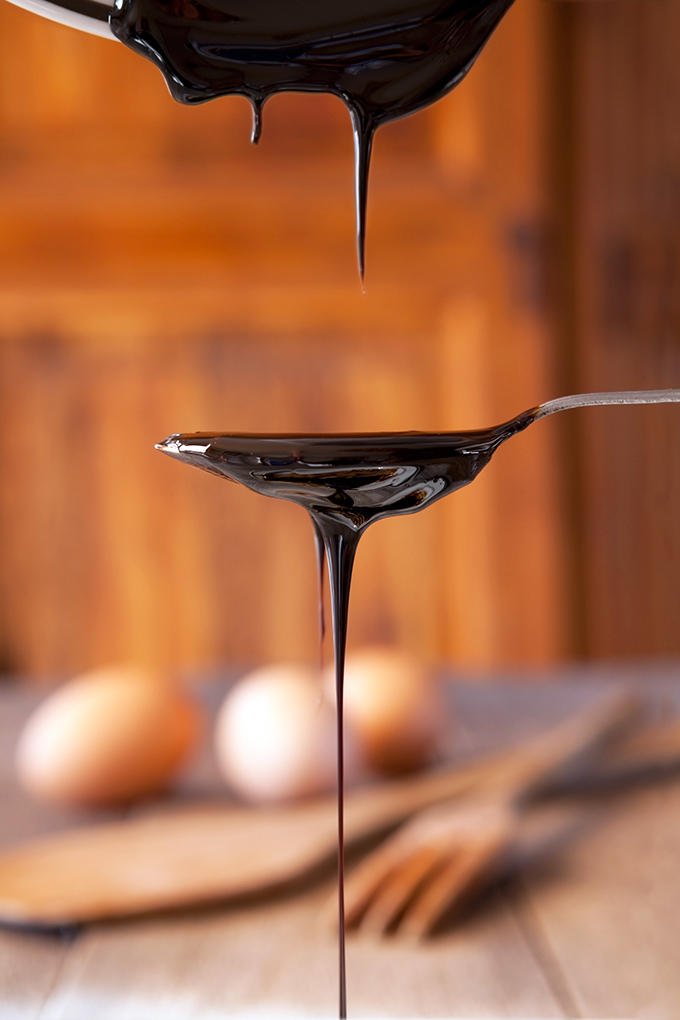
In fact, as far as nutrition is concerned, “The various types of molasses differ only slightly from refined white sugar,” according the writers of Berkeley Wellness.
Blackstrap is the only form with any nutritional benefits beyond that of a typical empty-calorie sweetener, including iron, calcium, and potassium. But blackstrap is so bitter, it’s not generally used as a sweetener.
Some healthy-eating proponents consider blackstrap a “superfood,” and eat it by the spoonful as a dietary supplement for strengthening bones and treating anemia.
Modern Uses
When you think of this ingredient, especially around the holidays, gingerbread might be the first thing that pops into your head.
And no wonder. According to Karen Page and Andrew Dornenburg, authors of “The Flavor Bible: The Essential Guide to Culinary Creativity, Based on the Wisdom of America’s Most Imaginative Chefs,” ginger and molasses are a natural pairing.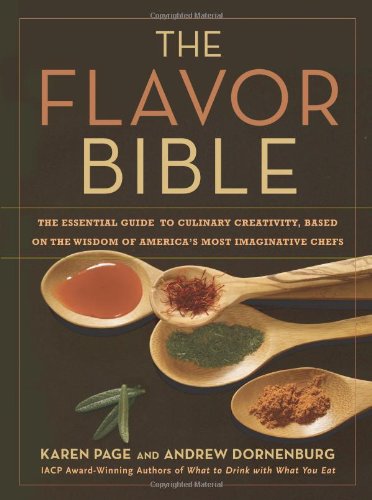
The Flavor Bible, available on Amazon.com
But think beyond the brown, loosely human-shaped cookie or the dense, spiced cake. Though we would never say no to one of our soft, gluten-free ginger cookies! These tasty morsels feature blackstrap, so you’ll have an opportunity to try the boldest-flavored syrup.
This syrup can be used in a variety of sweet and savory dishes, many of which also call for the flavorful combination of ginger and molasses.
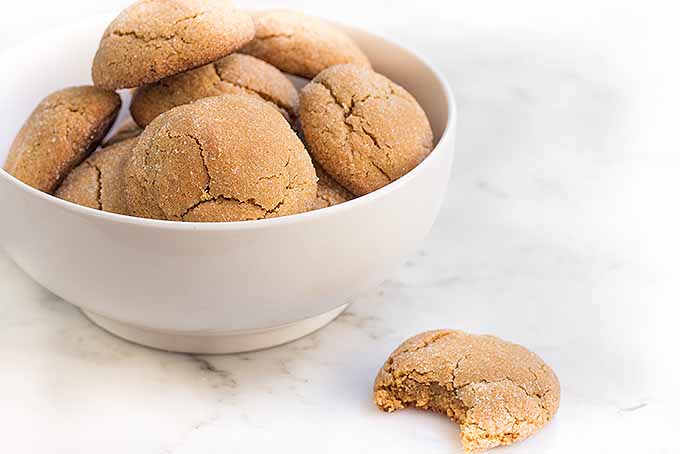
All three types are used for baking, though the dark version is most commonly used for this application.
The light version is often added to marinades, sauces, and rubs. Some people stir it into oatmeal or drizzle it on toast.
Blackstrap is often used in hearty dishes such as baked beans or as a baste for roasted chicken.
Mind you, molasses is more acidic than regular sugar, and so should not be used as a one-for-one substitute.
Sourcing Some Syrup: Where to Buy
Most grocers carry molasses, and you can also find it online.
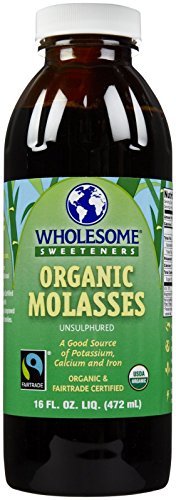
Wholesome Sweeteners Organic Unsulphured Blackstrap Molasses, available on Amazon.com
If you’re looking for the potent stuff, try this blackstrap from Wholesome Sweeteners.
For a lighter variety, you might like this version from the Golden Barrel.
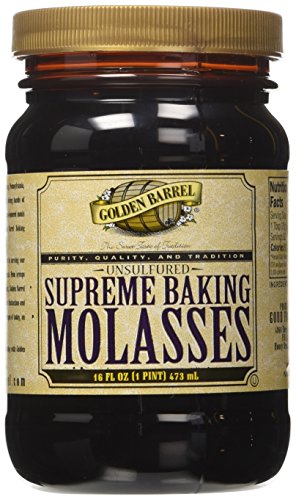
Golden Barrel Unsulphured Supreme Baking Molasses, available on Amazon.com
It is available in a one-pint jar, and is produced in Lancaster County, Pennsylvania.
Let’s Get Cookin’
Craving something sweet right about now? Why not start with these Ginger Molasses Cookie Parfaits, with Pumpkin Spice Mascarpone Mousse?
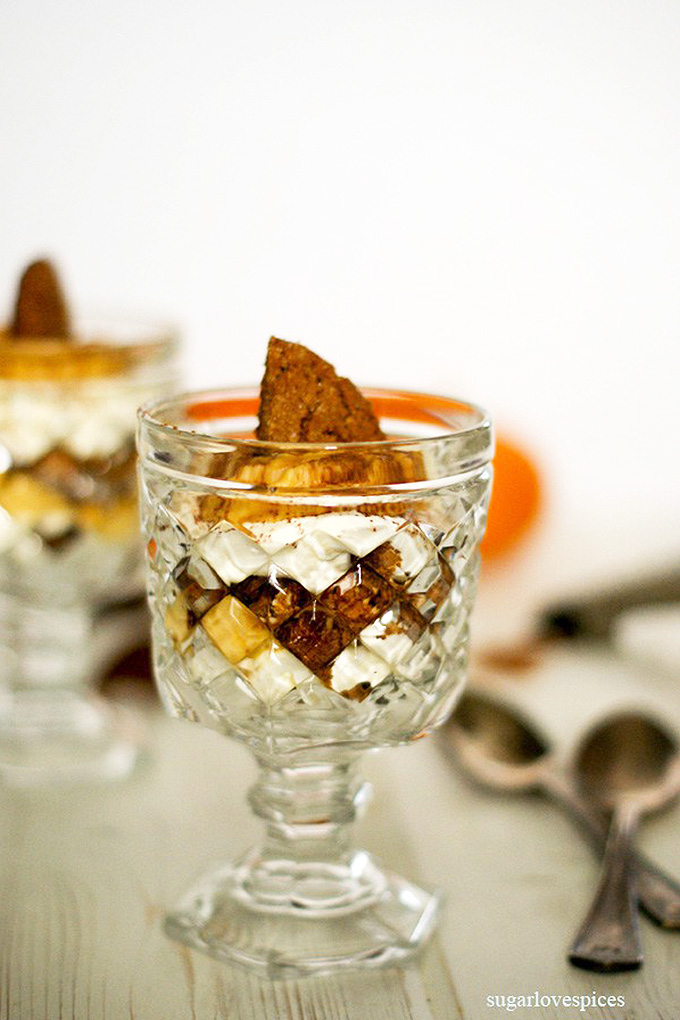
Get the recipe for this decadent dessert from Sugar Loves Spices.
And if your mouth isn’t watering after a glimpse of these powdered-sugar-dusted cubes of deliciousness, get thee to a doctor!
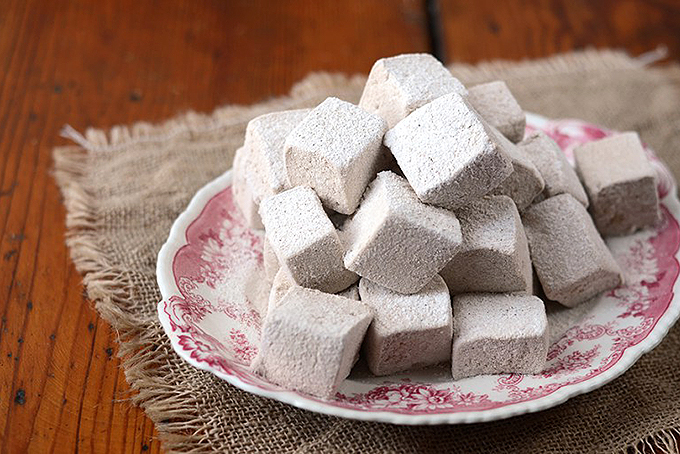
These spicy gingerbread marshmallows come to us courtesy of Vintage Kitty.
And of course, this sweet ingredient adds a special flavor to savory dishes, also, as in these Korean Influenced Molasses Ginger Short Ribs.
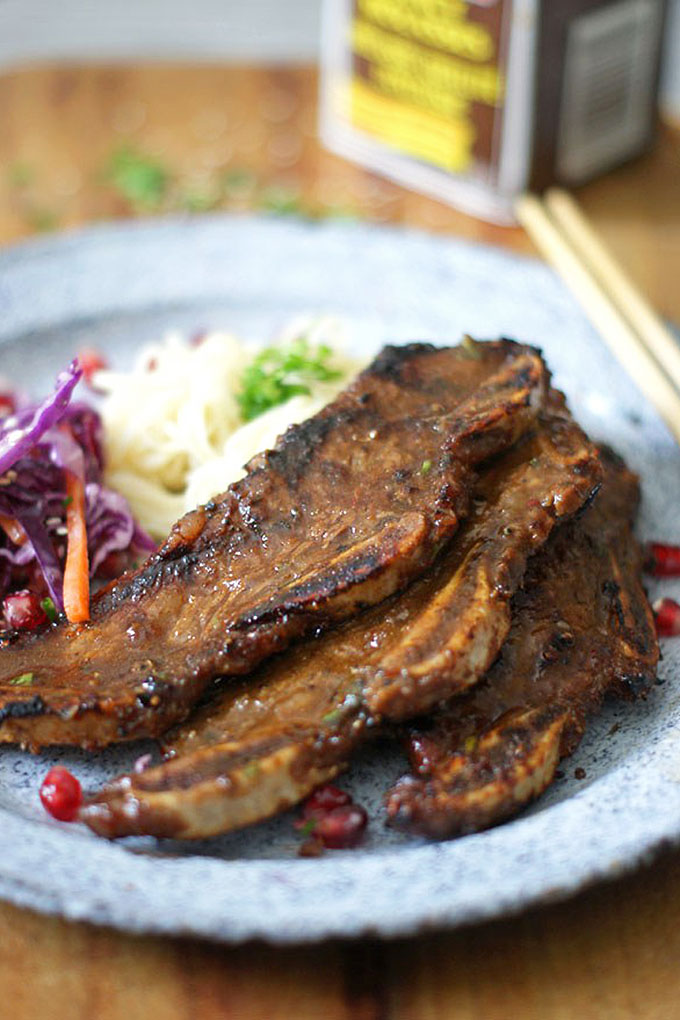
These grilled bits of deliciousness are courtesy of Sugar Loves Spices.
You know we wouldn’t forget the beverage — we need to sample this sweet syrup in every way possible, right?
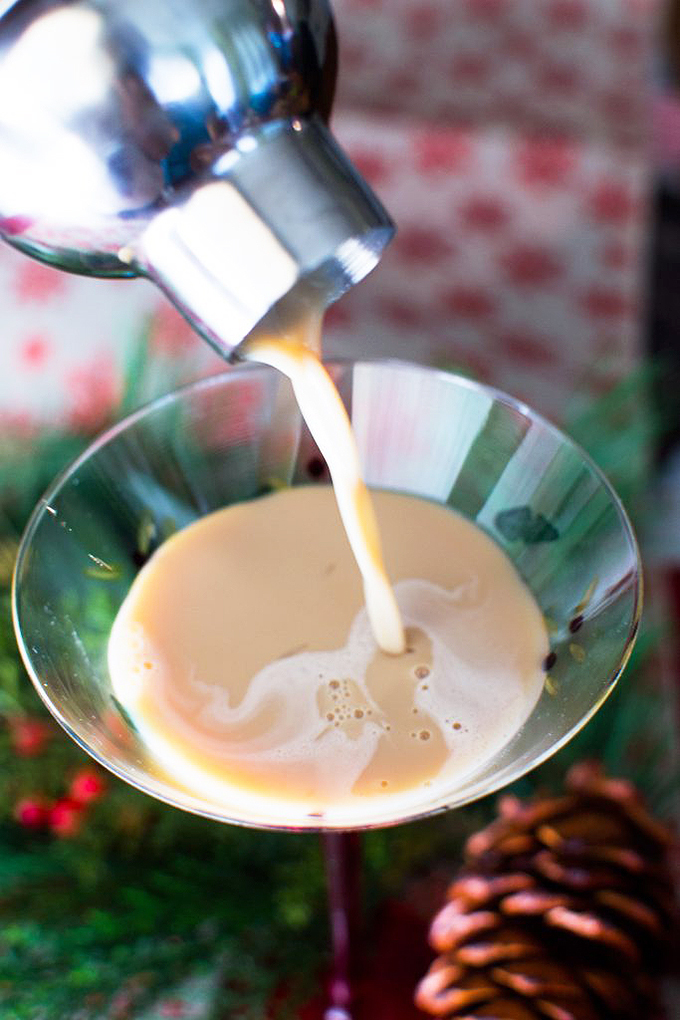
Try these flavor-bomb Gingerbread Martinis from Hunger Thirst Play. Your tongue will do a happy dance.
An Ingredient with a Dark History but a Bright Future
While molasses got off to a bit of a rough start in the United States, it has wormed its way back into our good graces thanks to its sweet, complex flavor and its purported health benefits.
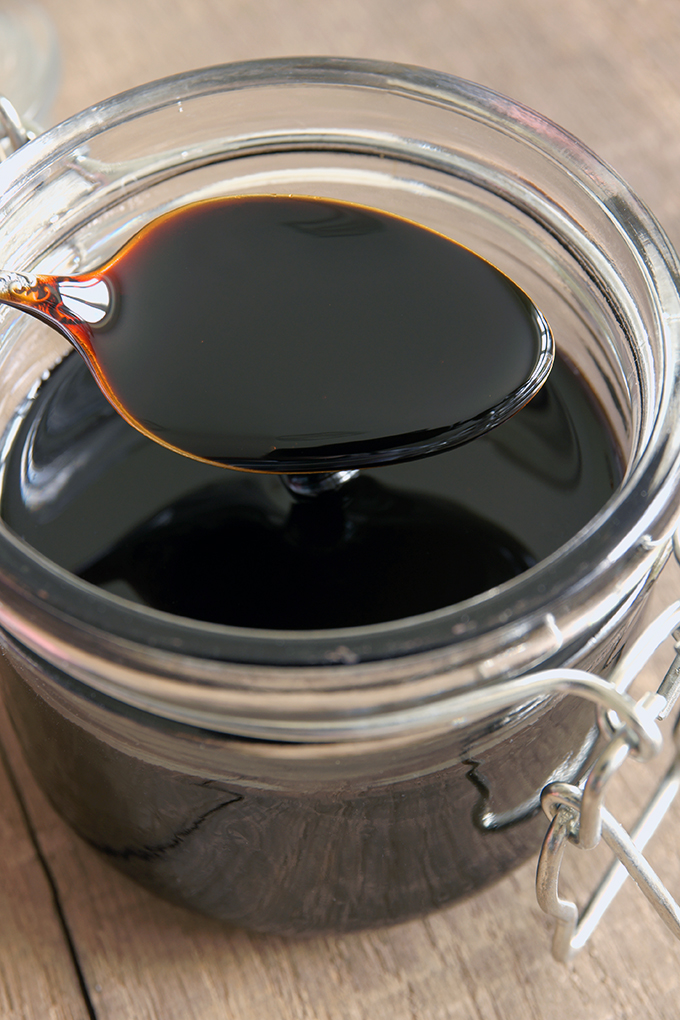
With a number of varieties to savor and as many recipes to try, you have no excuse not to dust off that back-of-the-pantry bottle, or perhaps invest in a few new ones of various types.
Do you like this sweetener? What’s your favorite way to use it? Share your adventures with this liquid sugar in the comments section below.
Photo by Felicia Lim, © Ask the Experts, LLC. ALL RIGHTS RESERVED. Other recipe photo credits: © Sugar Loves Spices, © Vintage Kitty, and © Hunger Thirst Play. Used with permission. See our TOS for more details. Uncredited photos: Shutterstock.
The staff at Foodal are not medical professionals and this article should not be construed as medical advice. Foodal and Ask the Experts, LLC assume no liability for the use or misuse of the material presented above. Always consult with a medical professional before changing your diet, or using supplements or manufactured or natural medications.
About Gretchen Heber
Gretchen Heber is an Austin, Texas foodie whose passion for eating has lead to a fair competence in the kitchen, according to her family and to friends who are generally pretty excited to be invited to a dinner party at her home. Always on hand in her kitchen: a water-filled cup full of upright cilantro, at least a dozen lemons and limes, several heads of garlic, and fish sauce in the fridge.

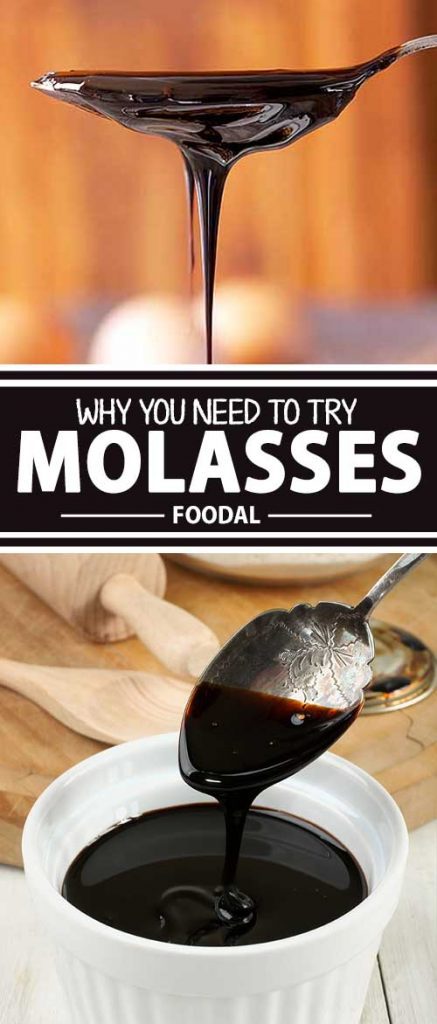
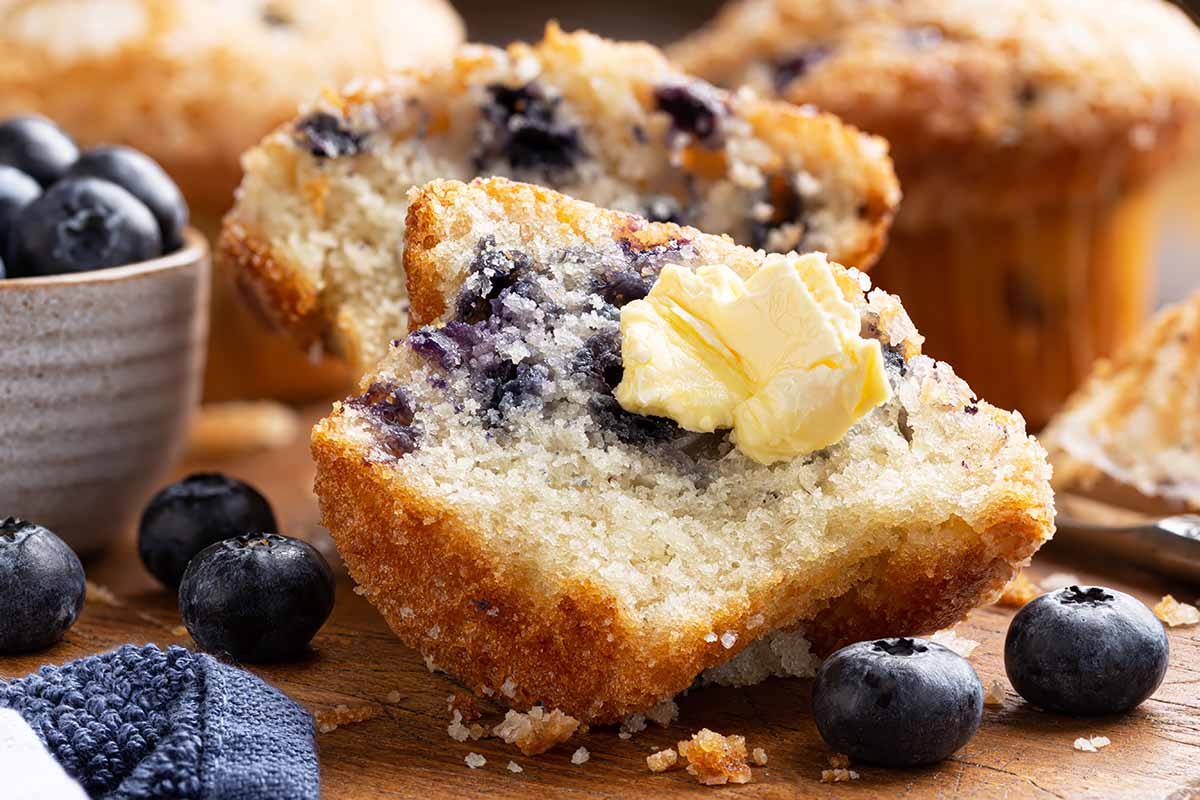
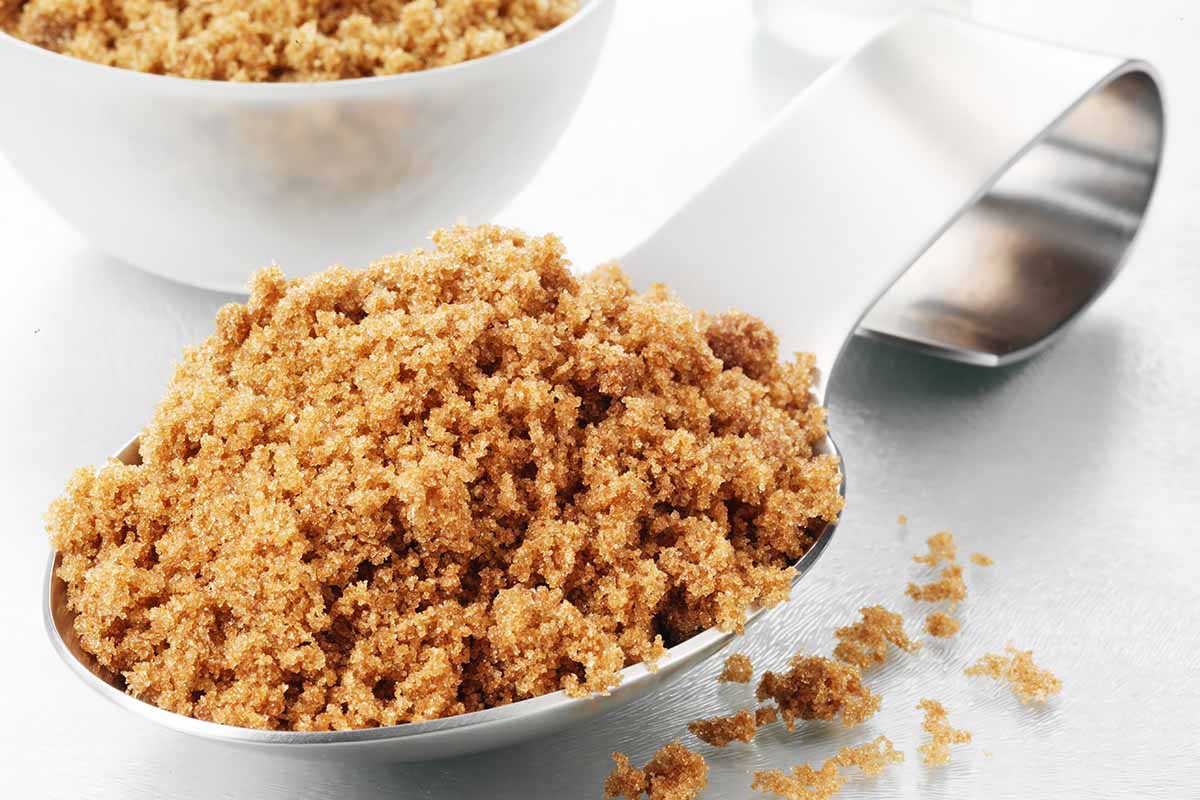
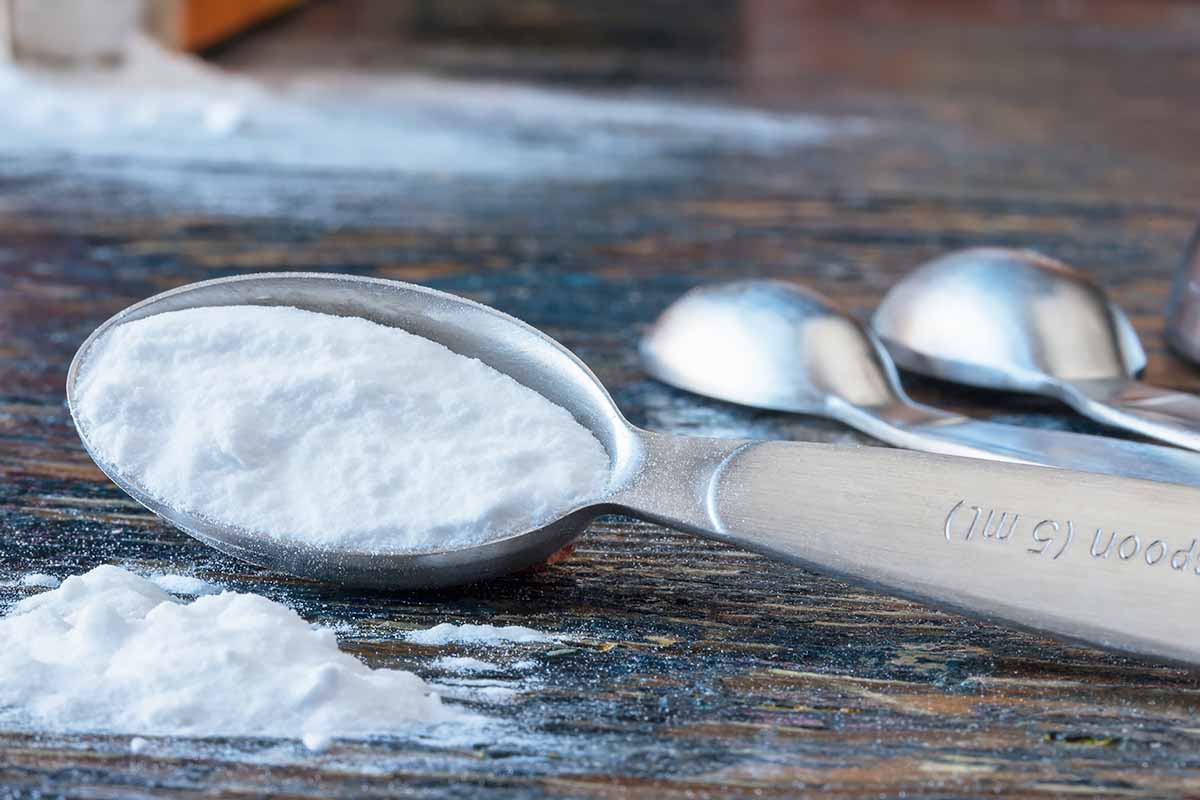
How can it be added to a peppermint hard candy recipe?? Can I substitute molasses for corn syrup?? I just cant find any peppermint molasses candy recipes out there.
Corn syrup is typically used to make hard candy because it is an invert sugar, which prevents crystals from forming and provides a smooth finished product. You’ll find that molasses is often used in taffy recipes or to make other types of candy that have a more sticky, chewy texture. But you could head it to the hard crack stage and add peppermint extract to make molasses-based hard candy instead. If you do give it a try, please let us know how it goes. And keep an eye on that candy thermometer to get the results you’re looking for!